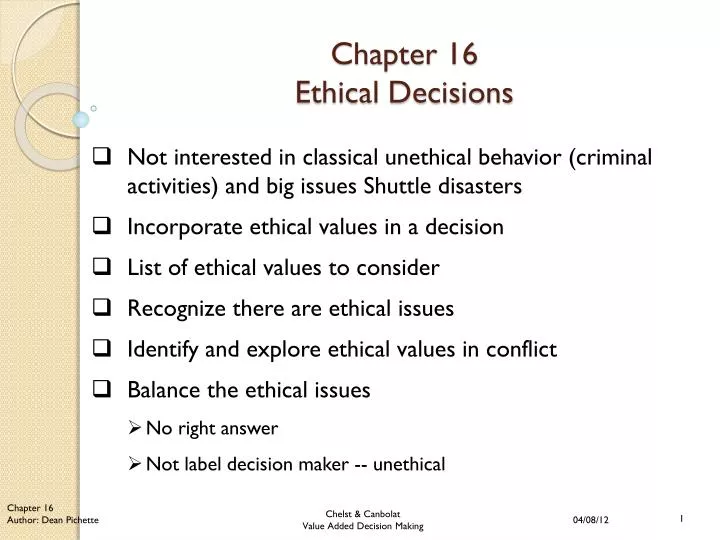

Durable Power of Attorney for Health Care). Living Will), while in others it will designate a specific person to make health care decisions for them (i.e. In some cases, the document may spell out specific decisions (e.g. As with DNR orders, there are two general approaches to this dilemma: Advance Directives and surrogate decision makers.Īdvance Directive:This is a document which indicates with some specificity the kinds of decisions the patient would like made should he/she be unable to participate. In some cases, the patient is clearly unable to voice a wish to have treatment withheld or withdrawn. Many court cases have affirmed the right of competent patient to refuse medical treatments. These laws do not forbid other patients from exercising the same right. Most states, including Washington State, have laws that guarantee the right to refuse treatment to terminally ill patients, usually defined as those having less than 6 months to live. Though in most cases of withholding or withdrawing treatment the patient has a serious illness with limited life expectancy, the patient does not have to be "terminally ill" in order for treatment withdrawal or withholding to be justifiable. Also, most bioethicists, including the President's Commission, are of the same opinion.ĭoes the patients have to be terminally ill to refuse treatment? In numerous legal cases, courts have found that it is equally justifiable to withdraw as to withhold life-sustaining treatments. While there is a natural tendency to believe this, there is no ethical distinction between withholding and withdrawing treatment.

Many clinicians feel that it is easier to not start (withhold) a treatment, such as mechanical ventilation, than to stop (withdraw) it. In such a case, it would be justifiable to withdraw mechanical ventilation.ĭo different standards apply to withholding and withdrawing care? All that continuation would achieve in such a case is maintenance of biologic function. For example, patients with severe head trauma judged to have no chance for recovery of brain function can no longer benefit from being maintained on a mechanical ventilator. In general, these goals are to cure if possible, or to palliate symptoms, prevent disease or disease complications, or improve functional status. In some cases, the treatment may be "futile" that is, it may no longer fulfill any of the goals of medicine. How do I know if the treatment is no longer "of benefit?" Treatment withdrawal is also justifiable if the treatment no longer offers benefit to the patient. If the patient has the ability to make decisions, fully understands the consequences of their decision, and states they no longer want a treatment, it is justifiable to withdraw the treatment. When is it justifiable to discontinue life-sustaining treatments? In some circumstances, these treatments are no longer of benefit, while in others the patient or family no longer want them. Examples include dialysis for acute or chronic renal failure and mechanical ventilation for respiratory failure. On the medicine wards, you will have patients who are receiving treatments or interventions that keep them alive, and you will face the decision to discontinue these treatments. Is it justifiable to withhold or withdraw care because of costs?.Is it justifiable to withhold or withdraw food or fluids?.Does depression or other history of mental illness mean a patient has impaired decision making capacity?.Is a psychiatry consult required to determine decision making capacity?.What if I'm not sure if the patient is competent?.Do patients have to be terminally ill to refuse treatment?.Do different standards apply to withholding and withdrawing care?.How do I know if the treatment is no longer "of benefit?".



 0 kommentar(er)
0 kommentar(er)
